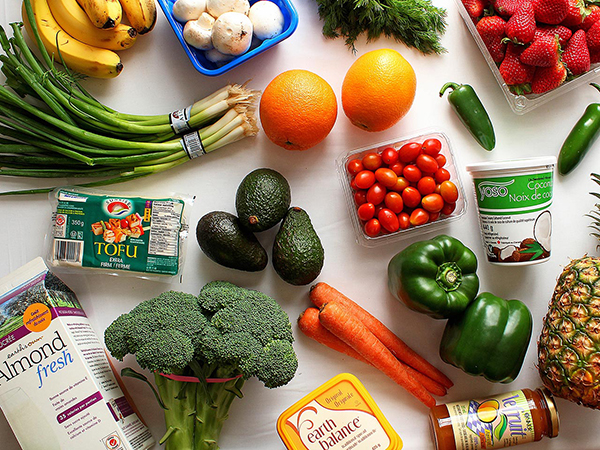How Has A Change In Our Shopping Habits Hurt The Indian Economy?
Recently, many credit rating agencies and financial companies have downgraded their forecast for India's growth in GDP (gross domestic product) for the financial year 2019-20. The country's central bank, RBI, also lowered its growth projection from 7 percent (as forecasted in June) to 6.9 percent, in the recent monetary policy review meeting held on 7 August.

What has been slowing down the fastest growing economy in the world?
RBI governor Shaktikanta Das made a statement at the press meet on the day of the MPC meet that summarized what happened and what can be done.
"The demand and investment slowdown, both put together, are having a dampening effect on the growth. Whether it (the slowdown) is structural, cyclical or a momentary phase, that's an aspect which requires deeper analysis. Our understanding at this point is that it is perhaps a cyclical slowdown, not a deep structural slowdown. Nonetheless, we have to recognize that there is room for some structural reforms which needs to be undertaken," he said.
An important aspect that drives a country's economy is "consumer spending." Each of us are consumers and the things we buy (either a product or a service) creates a demand for what companies are selling. Increased sales make companies profitable, which makes them what to expand their business and in turn this creates new employment oppurtunities.
In RBI's recent 'consumer confidence survey' for the month of July, it reported a fall in consumer confidence on account of pessimism of Indian on the employment scenario and the general economic situation. The survey was conducted in 13 cities, with 5,351 responses from Indian households.
The survey revealed that consumers are prompted to shop at bigger departmental stores rather than the local shops in search for good deals. Further, households are also postponing big purchases like electronic gadgets in hope for better discounts.
One of the major factors that drives consumer spending is disposal income (average income after deducting taxes). Disposal income allows an individual to buy want he/she and his/her family needs and wants. When you are paid higher at your job, you have higher disposable income, allowing you to buy more.
A fall in spending has been hurting the Indian companies and inturn the country's GDP. Apart from the automobile sector, consumer goods makers like Hindustan Unilever, Britannia and Emami have also reported a fall in sales in their recent quarterly reports on account of weaker consumption. A similar slowdown has been observed across many sectors. Companies opt to cut jobs an productions to save on costs to run the business.
Services like real-estate, banking, healthcare, etc make for two-thirds of consumer spending. While real-estate market has seen a slump post demonetisation, the banking and non-banking financial sector has tainted by bad loans and liquidity crisis for more than one year.
In its 7 August monetary policy meet, the RBI cut its key interest rate by an unconventional 35 basis points. This fourth consecutive interest cut, that has been transmitted by commercial banks, was made to push growth. When loans offered get cheaper, households are encouraged to borrow money and spend on their needs, helping revive economic growth.
Further, as RBI governor Shaktikanta Das said, "we have to recognize that there is room for some structural reforms which needs to be undertaken," and this decision lies in the hands of the government.































